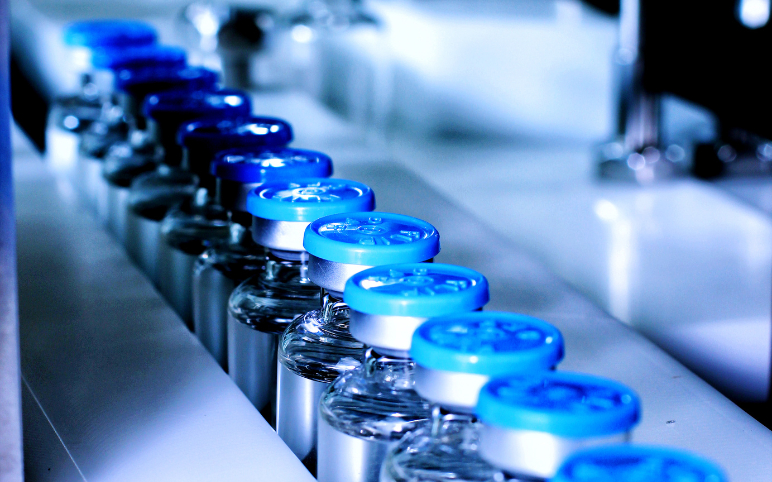Vir Bio and GSK Doses First Patient With Its COVID-19 Monoclonal Antibody Therapy
In a race to develop a vaccine for COVID-19, Vir Biotechnology and GlaxoSmithKline have taken a step ahead by dosing the first patient in Phase II/III clinical trial of its vaccine VIR-7831. The trial is running the therapy as early treatment for COVID-19 patients at high risk of hospitalization.
VIR-7831 is designed as monoclonal antibody therapy. Antibodies are isolated by the companies from immune cells of affected individuals, and later on, screened for their affinity for the SARS-CoV-2 virus.
The trial Vir-GSK COMET-ICE plans to enroll about 1,300 patients globally, those who are previously infected with the infection. VIR-7831 is administered in a single-dose monoclonal antibody to test if the therapy can prevent hospitalization from the disease.
Earlier, Regeneron also launched their Phase III trial of REGN-COV2, which is a two-antibody cocktail against SARS-CoV-2, in collaboration with the U.S. National Institute of Allergy and Infectious Diseases (NIAID).
AstraZeneca’s Farxiga Scores Goal In Phase III Chronic Kidney Disease Trial
AstraZeneca announced the results for its therapy Farxiga (dapagliflozin), in the Phase III clinical trial indicated for chronic kidney disease.
Farxiga is administered as an adjunct to diet and exercise to improve glycemic control in adults with type 2 diabetes in the US. It reduces the risk of hypertensive heart failure in adults with type 2 diabetes and established cardiovascular disease or multiple cardiovascular risk factors.
The trial DAPA-CKD evaluated 4,304 patients with 10mg Farxiga compared to placebo. The trial revealed that Farxiga significantly helped improve with the standard of care decreased the composite measure of worsening of renal function or risk of cardiovascular (CV) or renal death by 39% compared to placebo.



